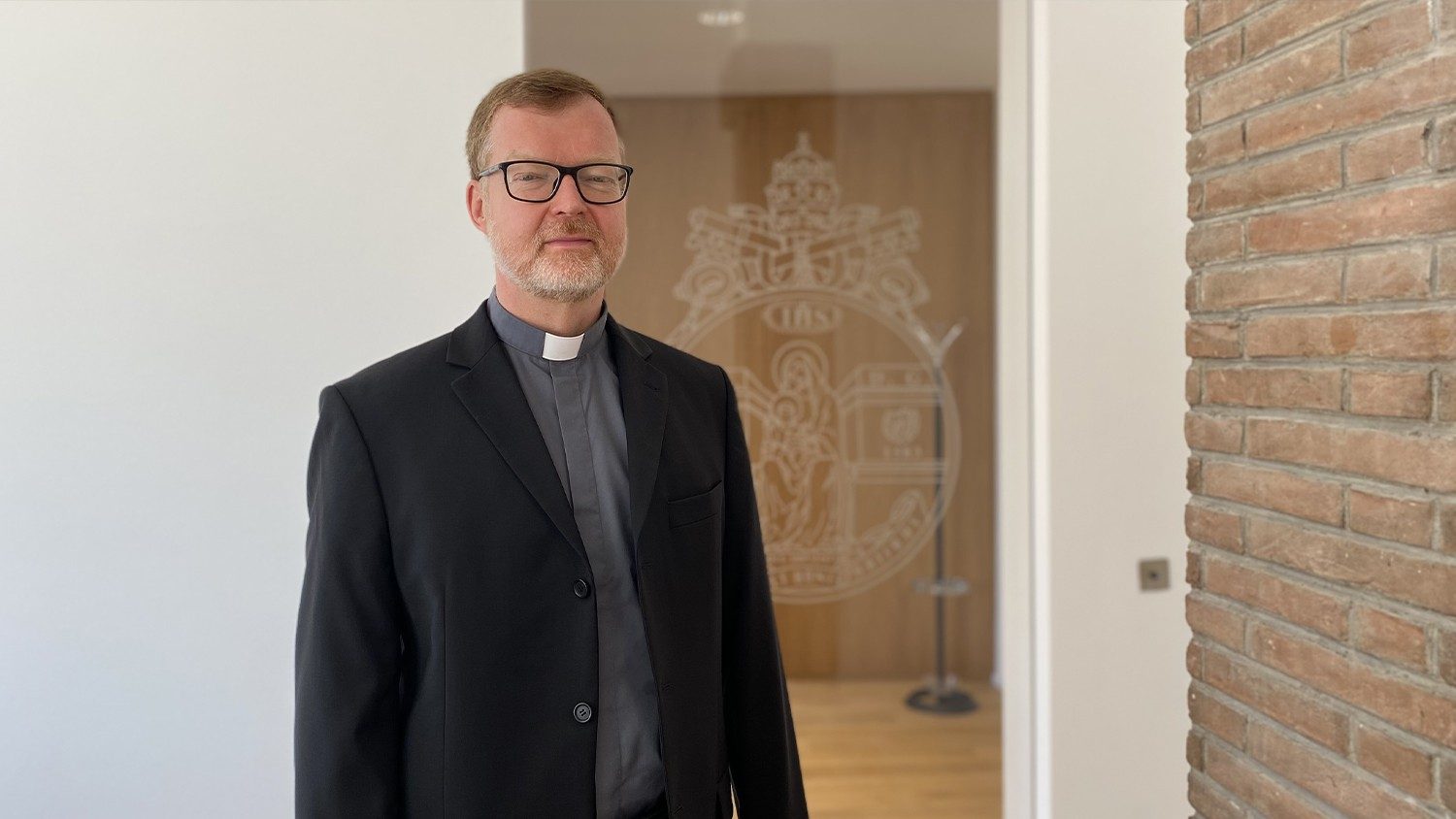Expert Fr. Zollner Discusses the Risks and Opportunities of AI for Child Safety

Insights from Fr Hans Zollner on AI Risks and Child Safety
Introduction to the Conference
On March 21 and 22, the Vatican organized a significant conference focused on the potential risks and benefits of artificial intelligence (AI) regarding children’s safety. The event, titled ‘Risks and Opportunities of AI for Children’, was facilitated by the Pontifical Academy of Sciences, in cooperation with the World Childhood Foundation and the Pontifical Gregorian University. Fr Hans Zollner, a Jesuit priest and expert in safeguarding, is one of the key figures behind this initiative.
The Dual Nature of AI
Fr Zollner points out that while AI technologies bring numerous advantages that people may use daily, they also pose substantial risks, particularly for children and vulnerable populations.
Positive Aspects of AI: Many users might not realize how AI enhances convenience in daily tasks such as searching for information or using virtual assistants.
- Risks Involved: However, Zollner cautions that children are especially susceptible to manipulation online. Some risks include:
- Exposure to inappropriate content such as pornography.
- Encountering extremist viewpoints or harmful ideologies.
- Being targeted for grooming or manipulation by malicious actors.
He emphasizes that children and other vulnerable individuals often lack the necessary skills to critically evaluate what they see online, like fabricated news or misleading videos.
Opportunities for Parental Support and Education
Despite these risks, Fr Zollner is optimistic about the opportunities that AI offers, particularly in education and parental oversight.
Monitoring Tools: AI can assist parents in tracking their children’s online activities, helping to ensure their safety.
- Content Control: Implementation of AI technology can aid in filtering harmful material, but the responsibility for this lies with social media companies and educators.
Personalized Learning
In the teaching sector, AI has the potential to customize learning experiences, enabling tailored educational content. Fr Zollner believes that appropriate use of AI can also facilitate the early detection of online bullying and grooming behaviors.
Involvement of Vulnerable Groups
It is noteworthy that the conference is designed to include young people and representatives from vulnerable communities. The aim is to listen to victims who have experienced abuse enabled by AI—a crucial aspect that Fr Zollner insists must be acknowledged.
- Empowerment through Education: Participants will be educated on how to recognize threats and defend themselves against manipulative practices, promoting a collaborative approach that involves parents, families, and friends.
A Call for Industry Accountability
The presence of government officials, law enforcement, and representatives from technology companies at the conference underscores the importance of shared responsibility for creating a safer online environment. Fr Zollner stresses the need for leaders in technology sectors to focus on the protection of vulnerable individuals in their platforms.
The Historical Context of the Focus
This conference is not the first of its kind for Fr Zollner. In 2017, his Centre for Child Protection at the Gregorian University organized an international conference that led to the ‘Declaration on the Dignity of the Child in the Digital World’. He sees the current event as a continuation of that crucial dialogue.
Fr Zollner advocates for ongoing research and collaboration across various fields, including scientific, religious, and educational disciplines, to address the challenges posed by technology today. The participation of influential figures, including Cardinal Pietro Parolin, highlights the Vatican’s commitment to navigating these issues.
In summary, the Vatican conference seeks to raise awareness about the double-edged nature of AI, emphasizing both the need for protective measures and the advantages it can offer when used responsibly. Fr Zollner remains hopeful that with proactive efforts, the online world can become safer for everyone, especially children and other vulnerable groups.





